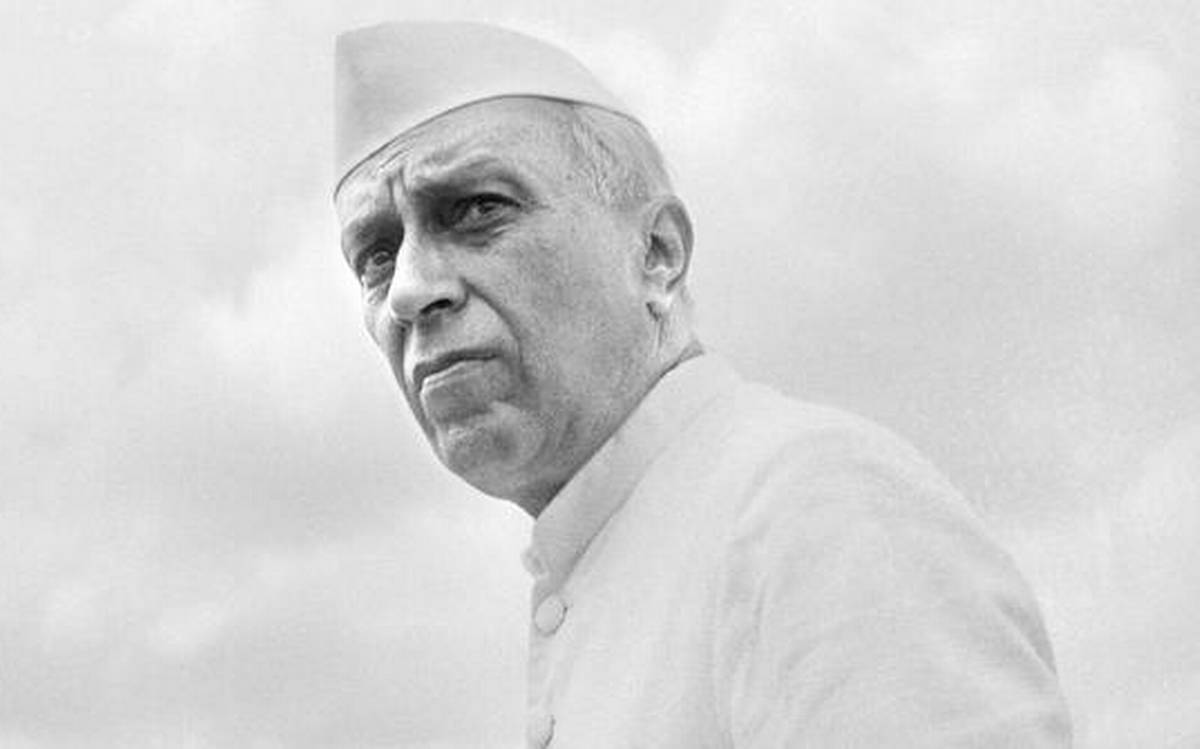By Jawaharlal Nehru
Message to the fourth Development Commissioners’ Conference held at Simla, May 9, 1955.
Three years ago I inaugurated the first conference of Development Commissioners for Community Projects. I spoke bravely then of the great task ahead. None of us knew at the time how this new adventure would shape itself and what results it would bring.
Now, three years later, the fourth conference of Development Commissioners is meeting to review their work and to plan for the future. Last year at Ootacamund, after considering the work done during two years, they decided to increase the pace and to spread out this network of Community Projects and the National Extension Service all over India. They laid down as their objective that they would cover the whole of India by the end of the Second Five-Year Plan. This was a very brave decision, but I take it that the men who came to this decision did so realistically and knowing fully the nature of the task. They were, in fact, men who were themselves shouldering the burden of this vast scheme and were, therefore, talking with full knowledge of both the success obtained and the problems and difficulties ahead. They are now meeting on the eve of our drawing up the Second Five-Year Plan. Within six months’ time from now we hope to present a draft of this Plan and within less than a year the Plan should be finalized and should begin functioning. I say finalized, but there can be no finality or rigidity about such a plan. It must be flexible and capable of change and improvement as fresh experience is gathered. But some targets have to be kept in view and worked up to. There are obvious limiting factors and we cannot merely translate into the words and phrases of our Plan our hopes and aspirations.
While we should be idealistic, we have to be realists also. We have to calculate our resources. These resources can partly be calculated in terms of past experience and partly in other and more uncertain terms. If our progress is to be faster than in the past, as we wish it should be, then a mere projection of the past is not adequate. The future must necessarily excel the past. Resources are of many kinds—in money, in labour, in human beings properly attuned to the task before them.
This last is a very flexible and uncertain factor. It may, under fortunate circumstances, exceed any estimate that we can make of it; it may also belie our expectations. But we have now a certain experience to guide us and this experience of the past few years has increased our faith in our people, made us more self-reliant and emboldened us to think in much bigger terms than in the past.
Much has happened in these few years which has led to this result. But I think that the most significant development of these years has been in the domain of Community Projects and the National Extension Service. Apart from the practical results which have been achieved, and these are both visible and considerable, there is something even more important, even though it cannot be measured and weighed. This imponderable factor is the spirit of the people, the removal of inertia in thought and action, the development of a team spirit in national work and the sense of partnership of the people in great undertakings.
This represents the new dynamism which is so essential to all progress. It means a social revolution in our ways of life and work which is creeping gradually but surely over the vast land of India.
It is because of this that the Community Projects and the National Extension Service have become, more than anything else, symbols of the resurgent spirit of India. They have not only moved our own people, more especially in the rural areas, but have attracted the attention of other parts of the world, more especially of countries in Asia and Africa which have to face problems rather similar to ours. These community schemes are not a replica or a copy of something from abroad, although we have learnt much from other countries. They are essentially an Indian growth, suited to Indian conditions and therefore with a solid foundation in the soil and the people of India. That is the reason for their strength and their vitality.
The National Extension Service lays a broad foundation all over the country for this work. The Community Projects are the bright, vital and dynamic sparks all over India from which radiate rays of energy, hope and enthusiasm. Both are necessary.
The country is committed to a socialist pattern of society. To bring about this change, we have to do many things in many spheres of activity. But the essential thing is to make freedom secure and broad-based, to bring the people in close association and partnership with the apparatus of administration and, more especially, with the working out of our Five-Year Plans. We talk of the people’s plan and we talk of the people’s Community Projects. That is the essence of our approach to this question. No great change can be brought merely by governmental functioning, although that is important, and we aim at great changes.
Therefore it is necessary that these community schemes should be based on the intimate co-operation of the people. I send my good wishes to this conference and wish it success in the great adventure in which it is engaged.
If you wish to get your work published on The Nehru Blog, then send your submissions at editor@thenehru.org
